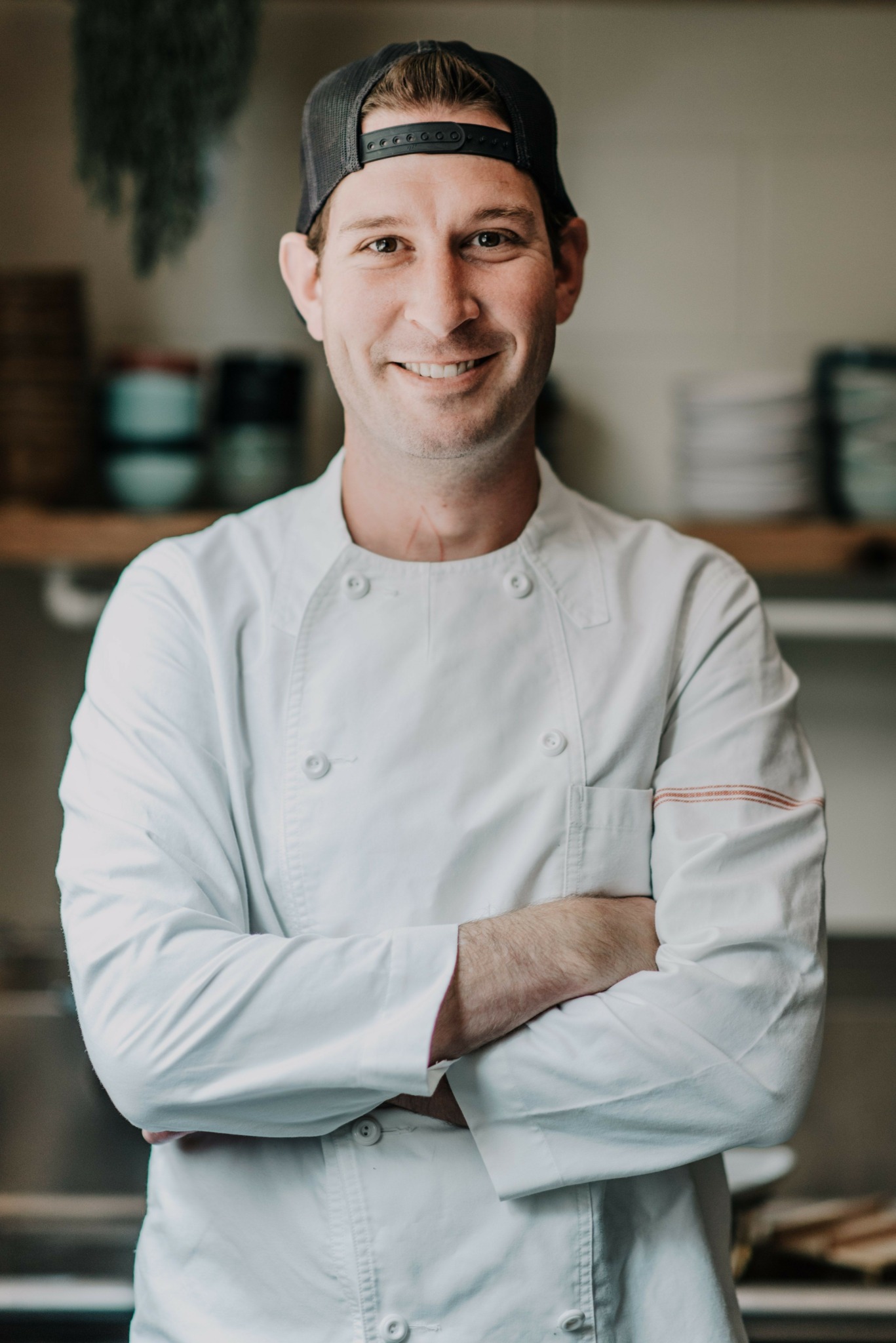Alright – so today we’ve got the honor of introducing you to Joshua Dorcak. We think you’ll enjoy our conversation, we’ve shared it below.
Alright, Joshua thanks for taking the time to share your stories and insights with us today. One of the toughest parts of scaling a business is maintaining quality as you grow. How have you managed to maintain quality? Any stories or advice?
MÄS began in 2017 as a “pop-up” in the basement of MIX Bakeshop. Its inaugural menu featured exclusively hand-picked and foraged ingredients from Southern Oregon, which were practically free. As MÄS ingrained itself in the community, its reputation and budget expanded. As a creative chef, I aspired to learn and utilize the finest products I could access. Over the years, as MÄS grew busier, the need for staff arose. With staff on board, quality control became crucial. Initially, I struggled to let go of overseeing everything that my guests consumed. With MÄS undergoing a major business transformation, I found myself stepping back. Improved communication became a cornerstone of quality control; let’s be honest, I’m not the best at expressing my thoughts clearly. For me, it’s essential to sit down, articulate my ideas and vision, and gather feedback from the team. Ultimately, I believe that people feel more secure when they grasp what is happening, empowering them to produce higher-quality work as they progress within the business.
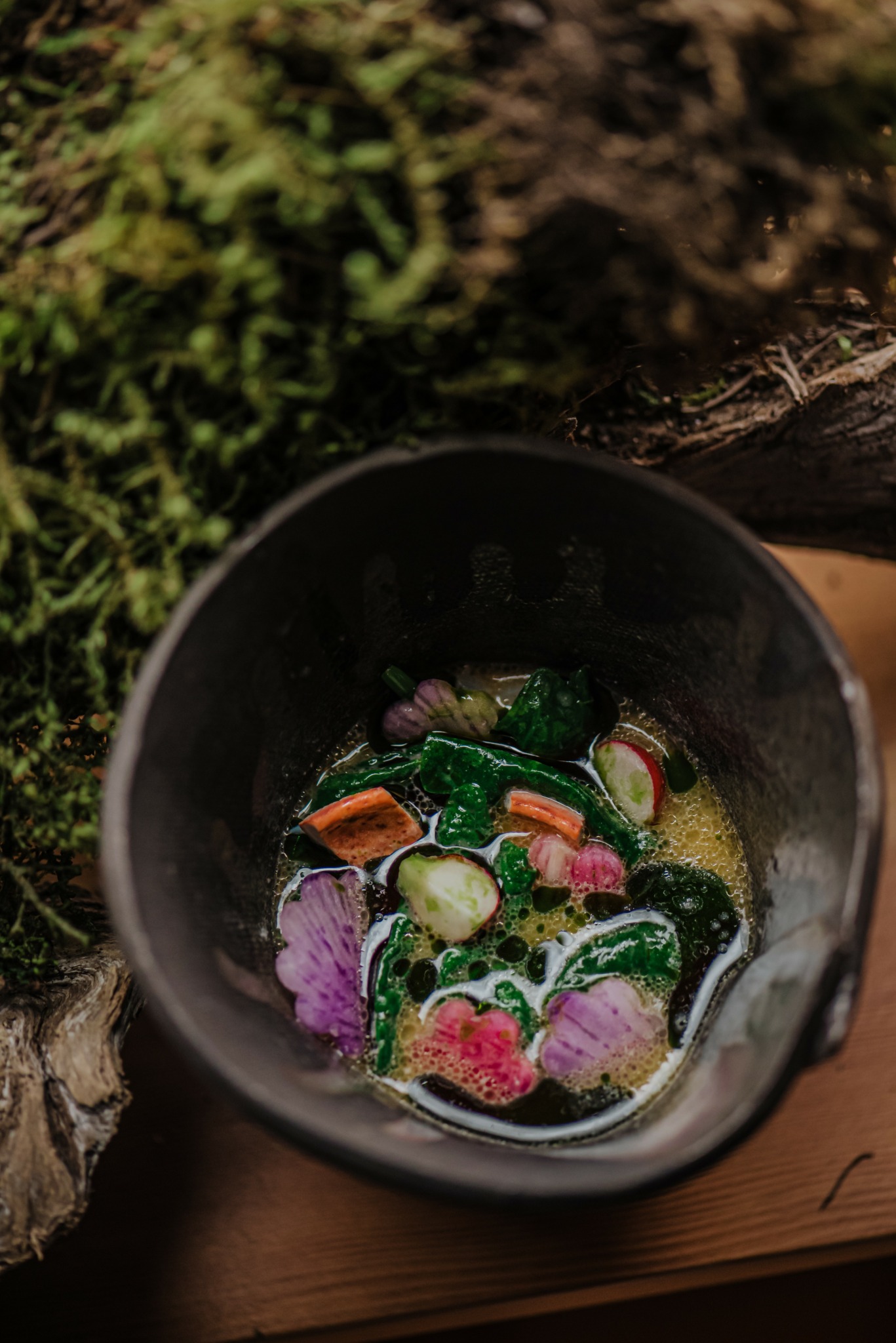
As always, we appreciate you sharing your insights and we’ve got a few more questions for you, but before we get to all of that can you take a minute to introduce yourself and give our readers some of your back background and context?
I’ve been cooking for 20 years professionally. I grew up in the South Bay Area, Cupertino to be exact. My family would always get together and cook dinners, so from a young age, I have always loved the connection that cooking brings. As my cooking career started, I really didn’t know much about the direction I wanted to go, and I was fortunate enough to attend the California Culinary Academy in San Francisco. During my time in SF, I had the opportunity to stage at some great fine dining restaurants. These experiences solidified my interest in the fine dining world. Flash forward to moving to Ashland, Oregon. I got a job at Amuse Restaurant, and for me, it was a great incubator for my future. I was able to work for a restaurant that had a solid reputation within the small community. This gave me the knowledge of how to run a business in a smaller market. As I grew as a chef, I knew I wanted my own restaurant, and it was a tough challenge to figure out where and when to make the leap. Years later, I had planned a trip to Tokyo to eat around the city, and what I came away with was a new outlook on the restaurant industry. In Tokyo, I noticed every restaurant was tiny, 8 seats to 12 seats. This was an amazing idea to bring back to Ashland, as it is much more plausible to launch a restaurant with a smaller footprint as far as the startup and operation costs. I started MAS as a pop-up in the basement of Mix Bakeshop and operated two days a week for about a year. This gave me time to rediscover the region I was living in. MAS opened as a brick-and-mortar in 2018 and has not stopped evolving. MAS has now received many accolades and brought awareness to this region as a food destination. The work we do at MAS is very analytical, we are always refining our dishes. We have never served the same menu to a guest twice, so as our guests return, they are able to taste and witness the progression.
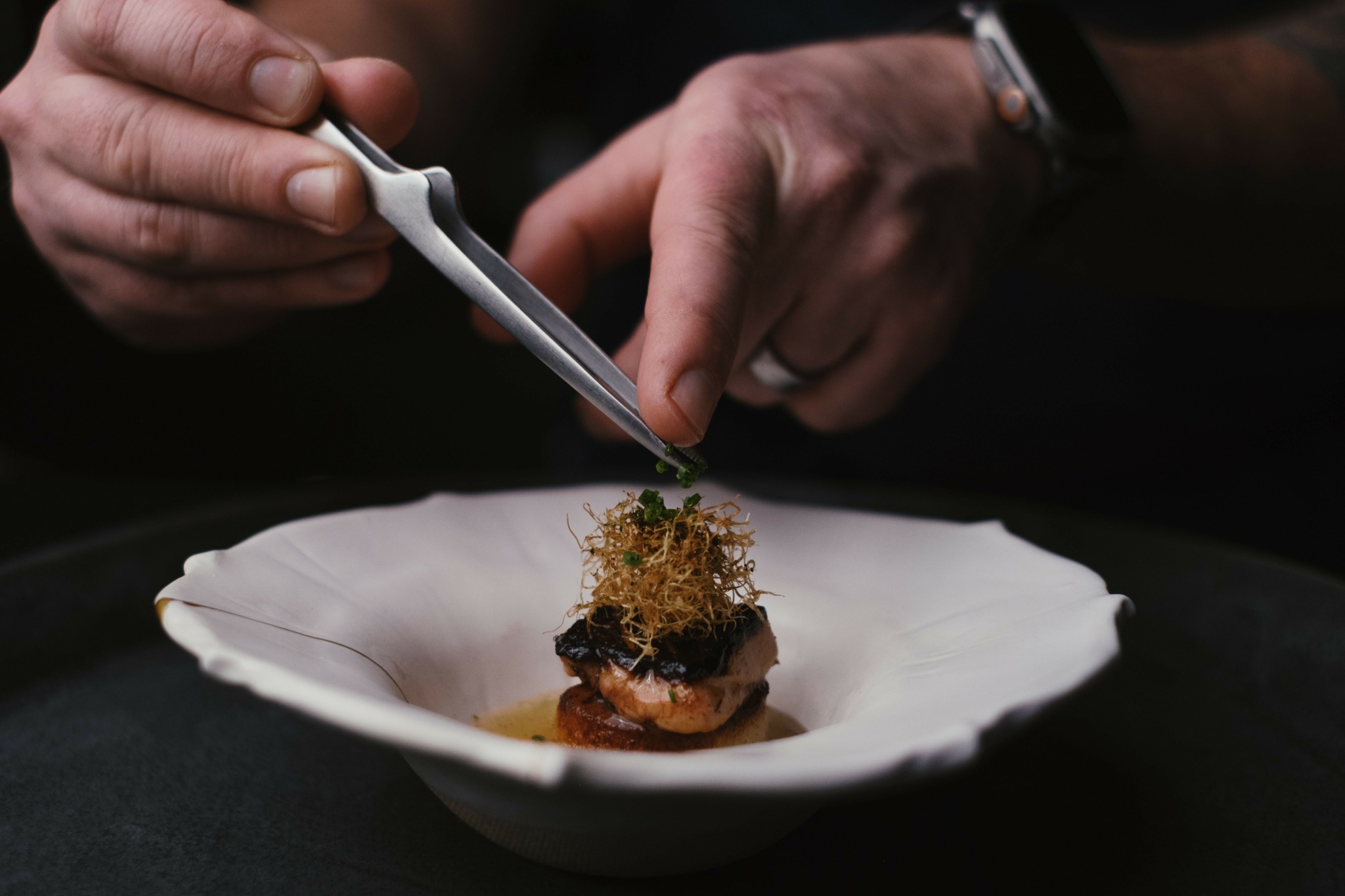
How about pivoting – can you share the story of a time you’ve had to pivot?
Like many, Covid-19 was a nightmare. At the time of this event, MAS had no employees; my business partner and I were operating the restaurant. When the news came through from the local government about the regulations and limitations, we immediately launched an online shop where we sold everything in our larder. Things like miso, oils, salts, vinegars, dressings, and cooked proteins. As things changed, we were able to launch an outdoor dining option on a patio that we rented from our neighbors. We only had room for two tables and a small Japanese grill to cook on. Next, we launched a MAS at home concept where we would bring the restaurant to guests’ homes and put on a full experience. This was the craziest, as there were so many variables to adapt to, and the loading and unloading of all the equipment necessary. Yet another pivot we did was offering Japanese sandwiches to go, things like katsu sandwiches and pizza toasts. We would deliver food as far as 40 miles away, It was nuts. This taught me a lot about decision-making and when to make a commitment or when to pass on an idea.
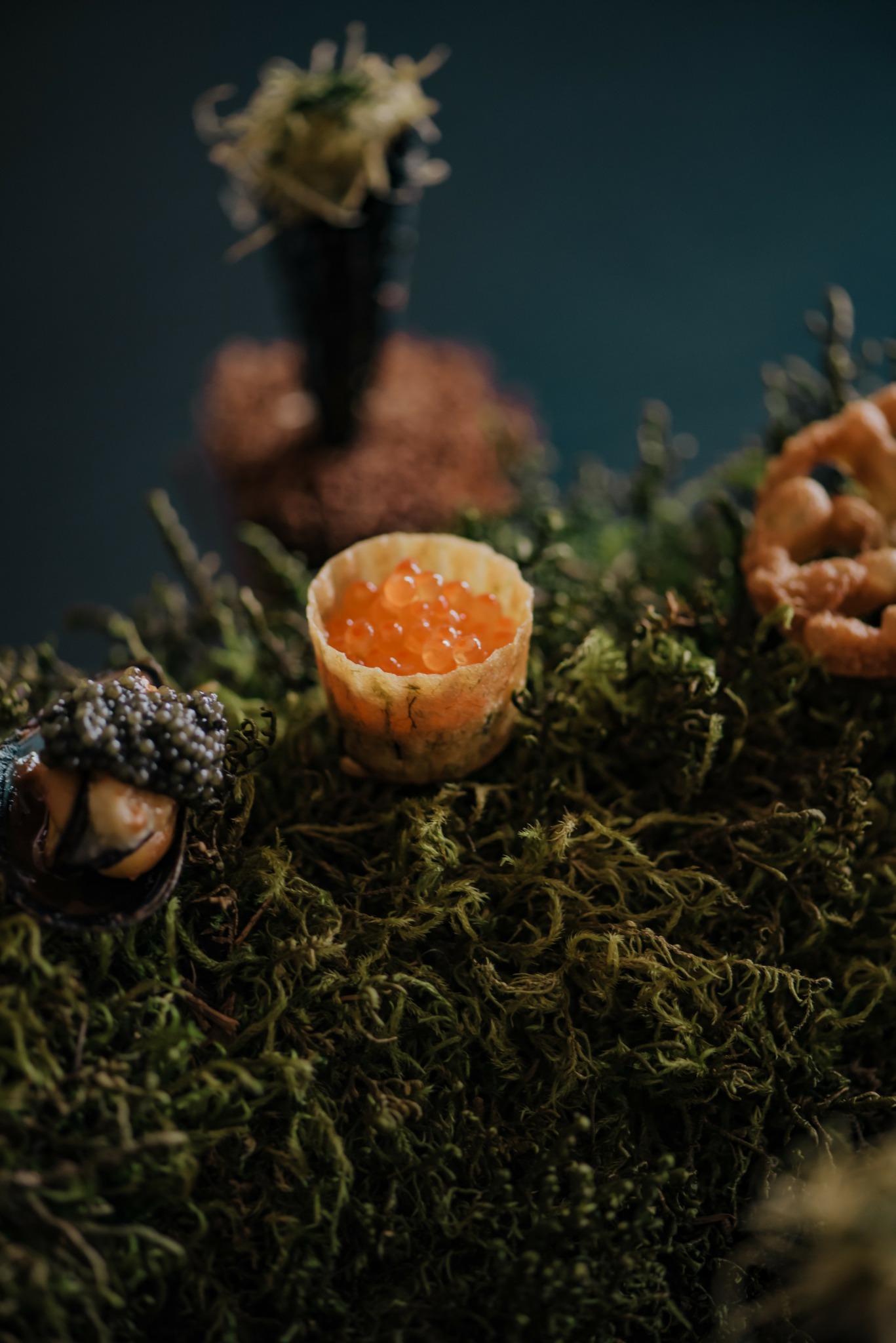
Do you have any stories of times when you almost missed payroll or any other near death experiences for your business?
MAS is in Southern Oregon, as it is a large region, and it does not have the population base that metro areas benefit from. During the summer, Ashland is very busy with tourist traffic, but during the winter, things slow down. Every winter, the restaurant flirts with death. All savings from the summer are drawn to keep the restaurant going. debt builds, but things get really challenging. As winter fades to spring and the season starts back, the cashflow picks up, and there is a very strong intention and get ahead of debt and keep up with taxes, and build savings. It is really stressful.
Contact Info:
- Website: https://masashland.com
- Instagram: mas_ashland
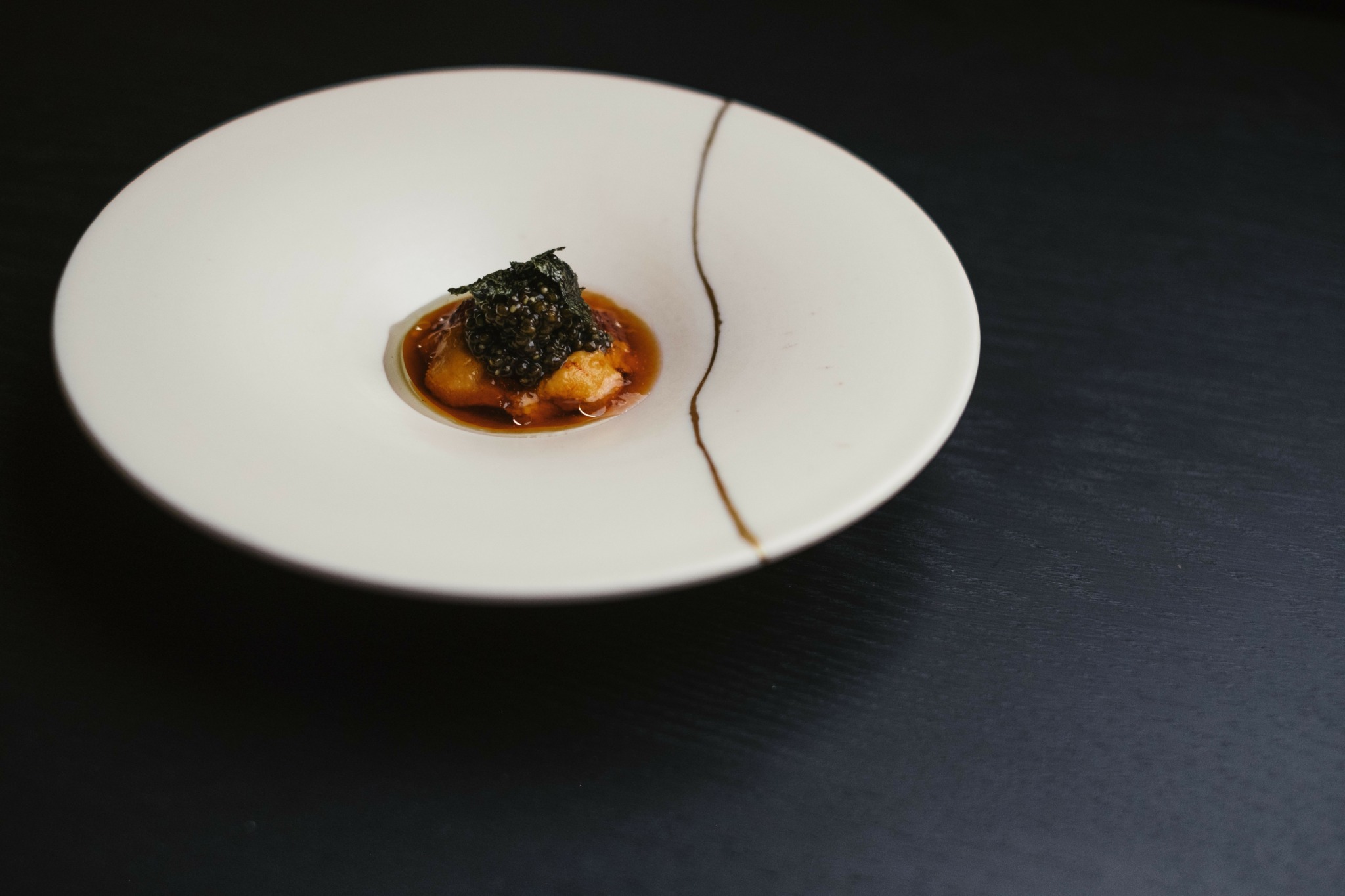
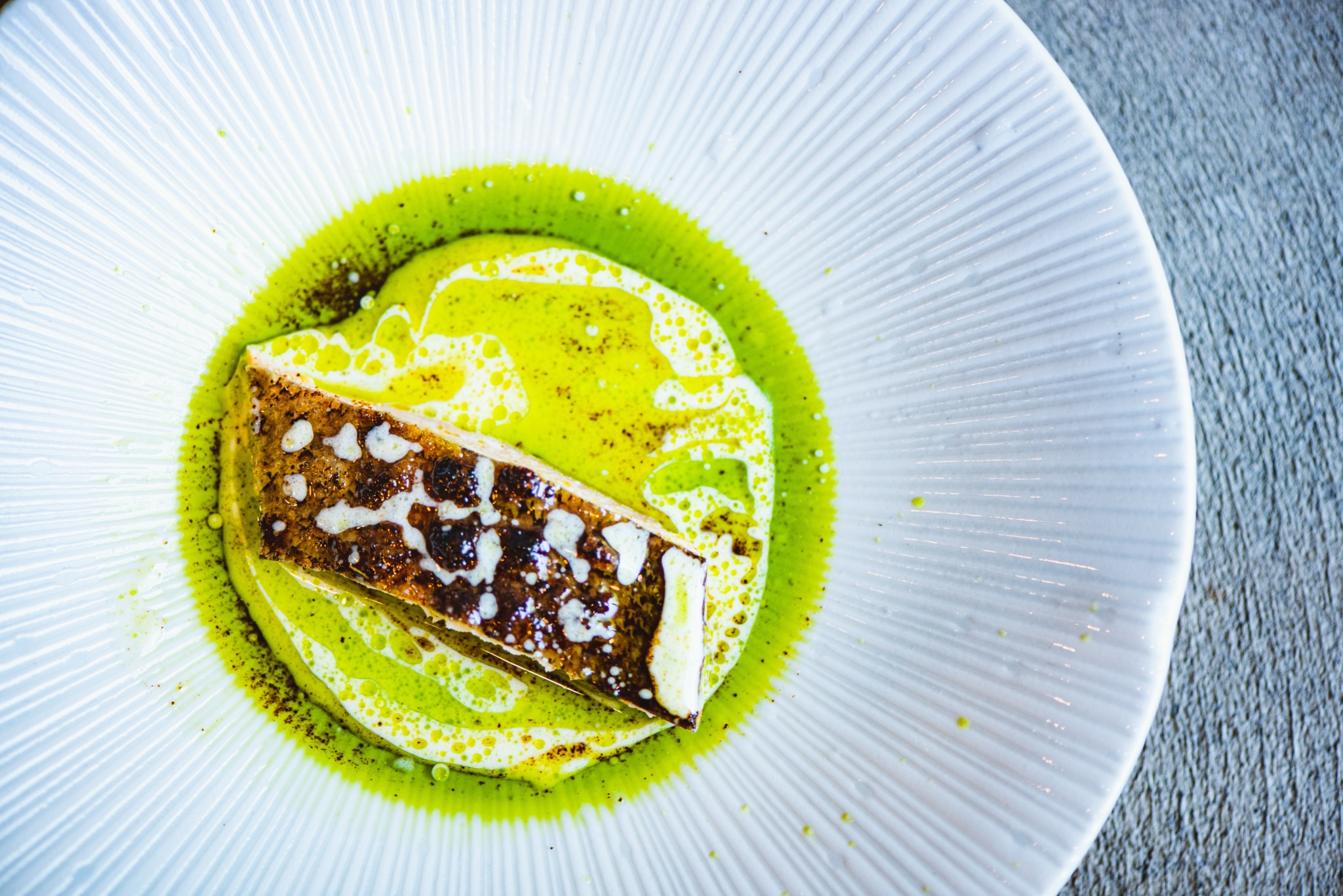
Image Credits
Lindsey Bolling Photography


